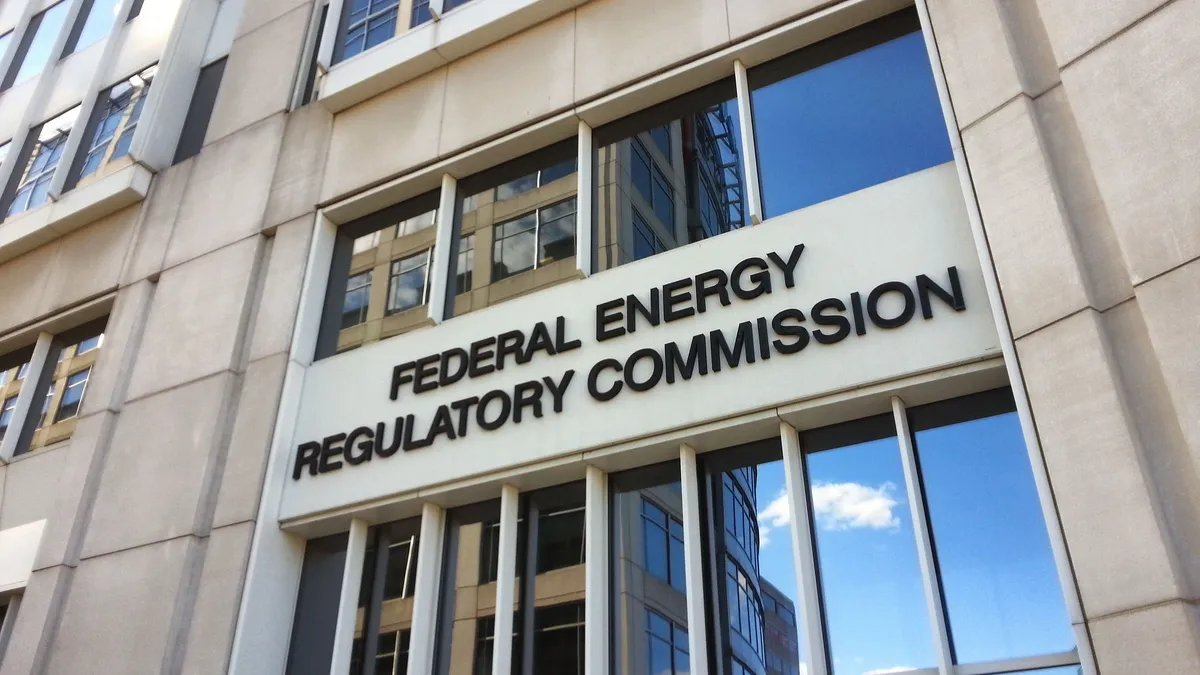Dive Brief:
-
The Federal Energy Regulatory Commission (FERC) has given operators of wholesale power markets until May 2 to document any possible barriers to energy storage’s participation in capacity, energy and ancillary services markets.
-
FERC’s assessment will include the impact that distributed solar + storage could have a wholesale markets.
-
FERC has given energy storage providers until May 23 to comment on the reports it receives from the wholesale market operators.
Dive Insight:
Energy storage has been steadily making inroads into competitive wholesale markets since 2011 when FERC enacted Order 755 that increased the pay for fast-responding resources such as batteries and flywheels.
That pace accelerated in 2013 when FERC issued Order 784, which directed wholesale market operators like the PJM Interconnection to find ways to monetize fast response resources like batteries.
Those policies had a big effect. Last year saw a record level of energy storage installations, 221 MW, with 160 MW of the total being deployed in PJM.
FERC now is seeking to address the issues raised by that rapid deployment. “Basically FERC seems to be suggesting that they think there’s a very good chance that storage will be a part of ensuring least cost solutions for reliability, for making sure markets are efficient,” Jason Burwen, policy and advocacy director for the Energy Storage Association, said in a statement.
“I think … FERC is now convinced that there’s a very good chance that barriers to participation of storage in the wholesale market could be leading to higher than necessary system costs, or the words they have used are ‘unjust and unreasonable wholesale rates,’” Burwen said.
In addition to issues relating to storage at the wholesale level, the agency has included in the scope of its enquiry behind-the-meter storage resources such as virtual power plants and storage connected to rooftop solar systems. FERC noted that while storage could provide services to the distribution grid such as solar smoothing or peak shaving, as well as participating in wholesale markets. FERC seems to be “leaning forward on this one,” Burwen said.














